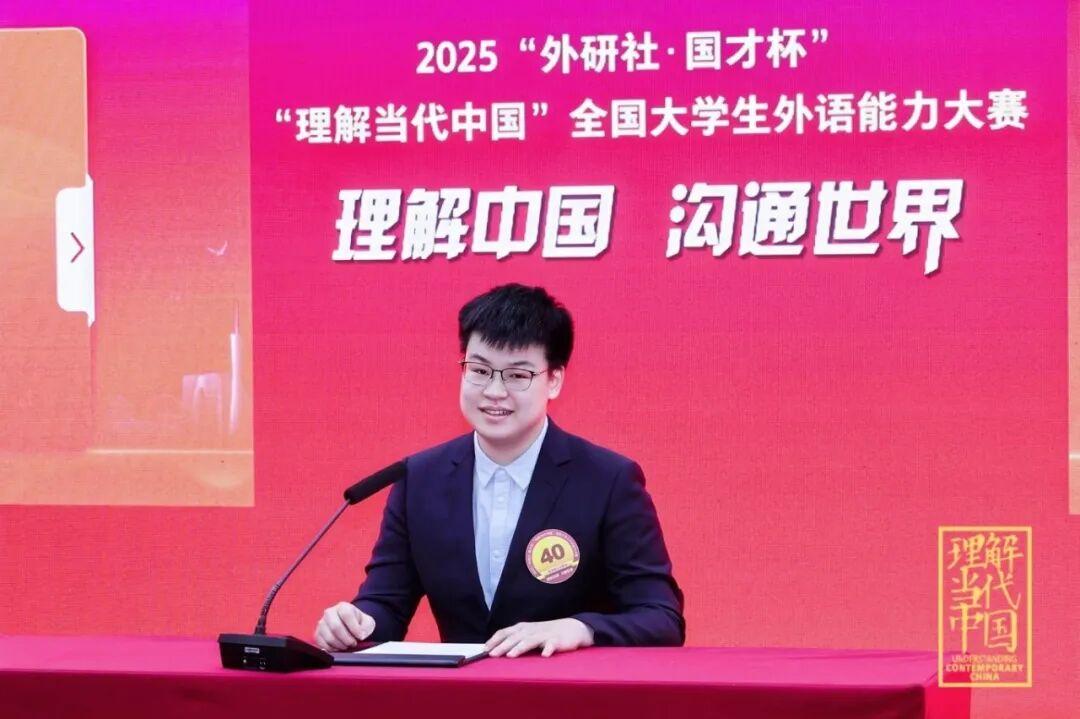Interview with Professor Xie Zhiwu
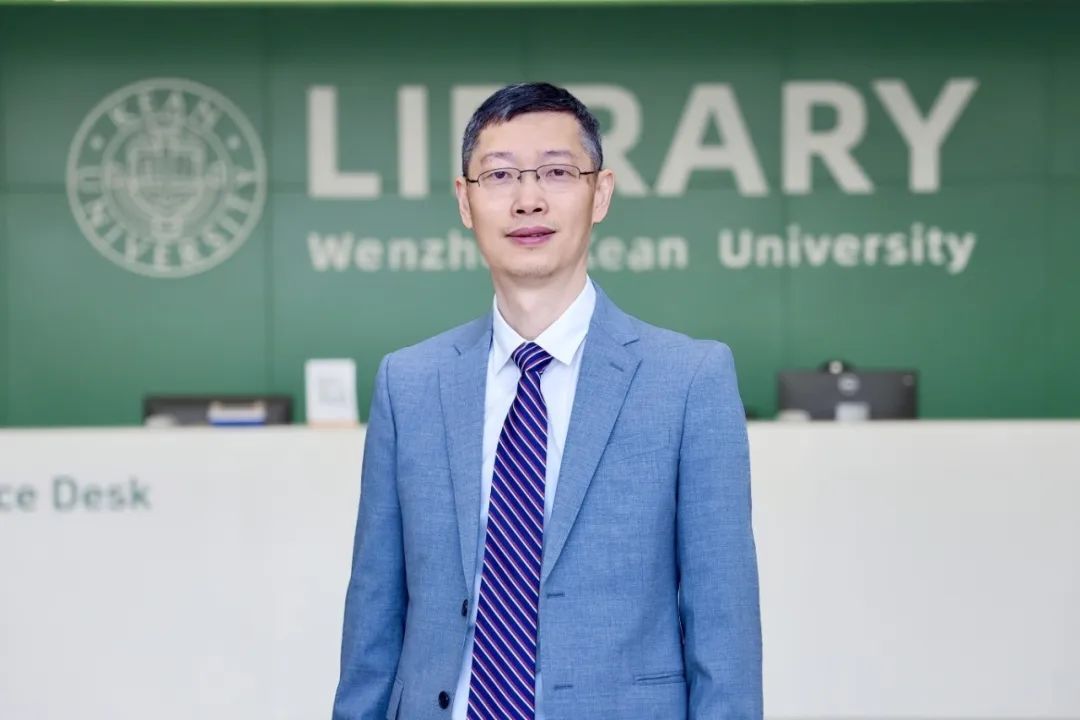
At the forefront of China-U.S. educational integration, Wenzhou-Kean University continues to write new chapters of innovation. Professor Xie Zhiwu, a scholar with a diverse academic background and a global perspective, has journeyed from Shanghai Jiao Tong University to top institutions in Europe and the United States, before ultimately choosing to settle down at WKU. Holding multiple roles—Assistant Vice Chancrllor for Academic Affairs, Interim Dean of the College of Liberal Arts and Director of the Library—how will he drive the development of this young university? Let’s listen to his insights.
Please briefly introduce your educational background and academic experience.
I studied mechanical engineering at Shanghai Jiao Tong University from undergrad to PhD, specializing in gas turbines. I spent two years in the UK doing postsoc in computer science, and then moved to the US.
In the next 20 years I have worked in different places, including los alamos national lab, johns hopkins medical school, and public broadcasting service, the TV channel that produces sesame street. I started my tenure track at virginia tech, stayed for more than a decade, got promoted to full professor and was given more administrative duties. The MBA was part of my on-the-job training while on an associate dean level position at virginia tech.
In terms of research I was kind of a nomad, wandering from one area to the other, but always focusing on problem-solving using computing and information science methods and tools. My first job in the US was working on a NASA program sending a superfluidity experiment test rig to the international space station. I then worked at the los alamos national lab developing digital libraries for scientists. It amazes me how modern science and research has evolved to be so complicated and so specialized that a renaissance man becomes an endangered species.
The complexity of modern science is exactly where i see how i fit in. I spend about 15 years working with researchers in various fields. For example, I work with civil engineering professors collecting and processing huge amount of sensor data to answer research questions like, where in the building are lots of people, so we should pump more cool air to that region? Or, if an emergency happens in the building, can we leverage the sensor to immediately lock down the building and direct people to the safest locations? I also work with contemporary historians to collect and process huge amount of web data, to answer questions like, how did patriotic sentiments change over time in certain regions, and with biologists and neuroscientists to process huge amount of microscopy images to answer questions like, what are the statistic features of a certain cell organelle and how does it correlate with the development of Alzheimer’s disease and epilepsy. More recently, I started working with business professors to unveil secrets in real-time streaming based online direct sales. WKU students interested in this topic should get in touch with me.
How did you join Wenzhou-Kean University (WKU)? What is the greatest attraction of WKU for you?
Several years ago, I was seriously considering coming back to China. At a professional conference, I ran into a colleague from another US state university. We talked about collaborating on research as well as our own career development. He used to work here and suggested WKU for me. That's how it started.
The primary feature of WKU is that it is young and provides endless opportunities to me and everyone in it. Unlike many established universities where the culture and policies are already set in stone and rather difficult to change, here we are still developing and experimenting. Being part of its growth is indeed its greatest attraction. “Start here, go anywhere” applies to all of us as well as the university itself.
03 What was your first impression of the WKU campus?
Awesome! You know, in many US flagship state universities, the president and the provost would be very proud if they could build a single building like ours in a decade. WKU manages to build a whole campus, beautiful and stunning. Words cannot sufficiently describe it, so I would rather rely on your videos to share our successes.
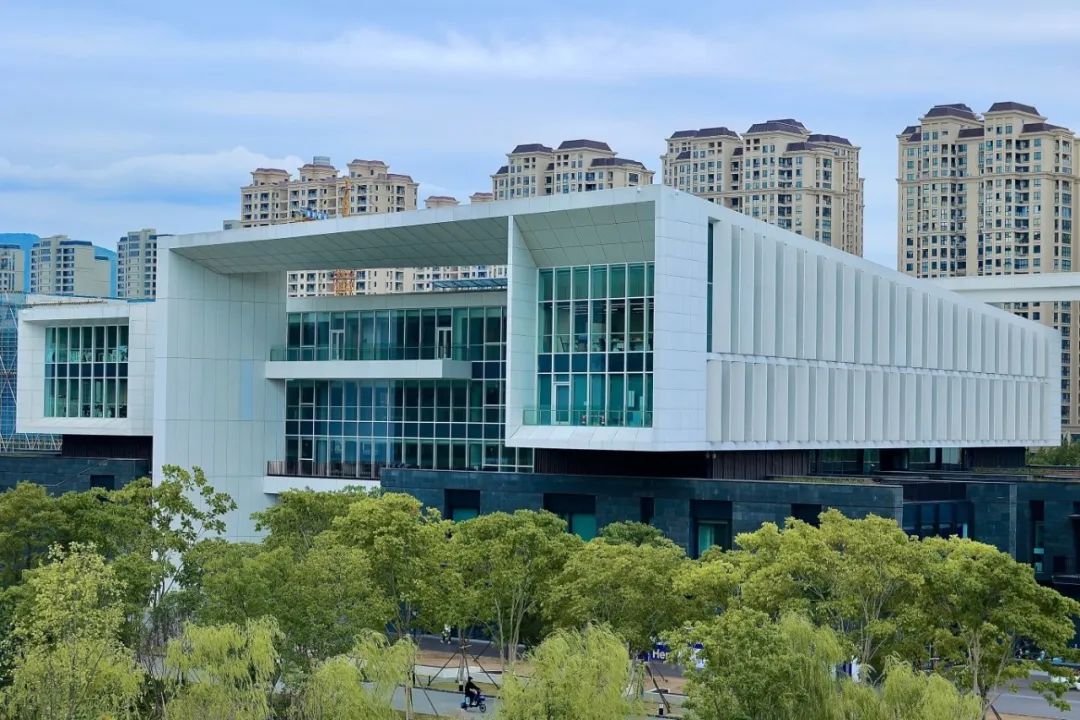


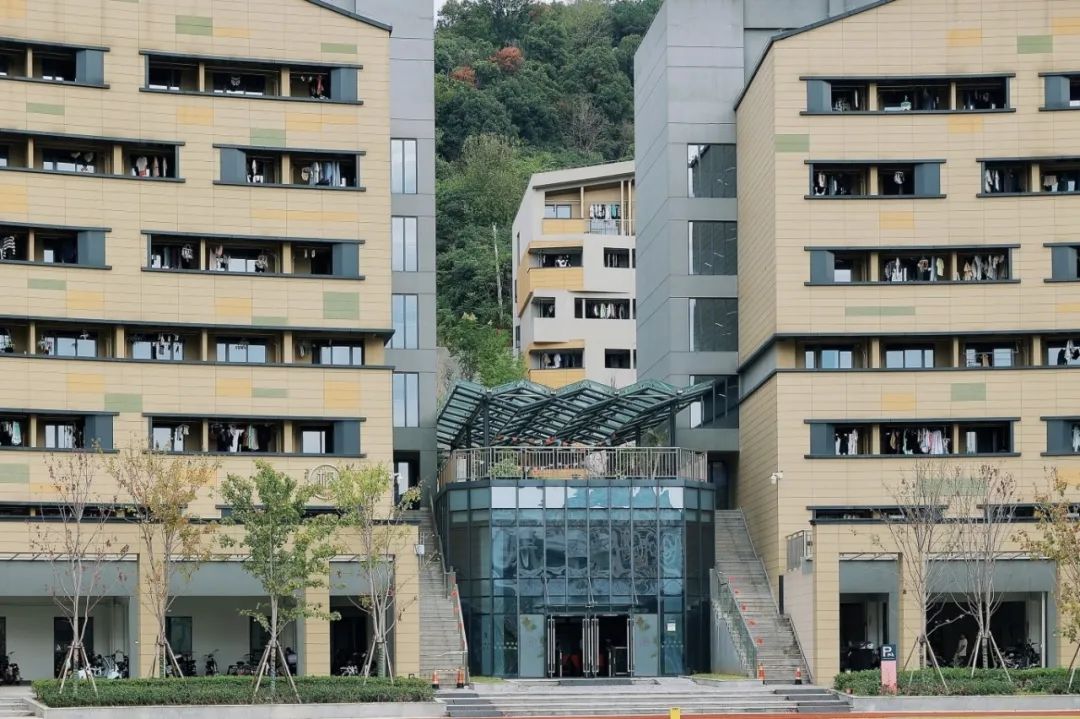
You currently hold multiple roles. How do you think your past education and work experience can bring innovation to your new responsibilities?
My primary appointment is at the VCAA office, assisting Dr. Yang. The library director job is an add-on to my VCAA portfolio. I help run the College of Liberal Arts while the search for a new dean is underway. However, for the time being, the dean's job takes the majority of my time.
I doubt any past experience can fully prepare anyone for all these three jobs, but at least my mishmash of experience provided me with some knowledge and a glimpse into many aspects of these jobs. For example, I had never thought my two-year stint at PBS, the largest public TV network in the US, and my deep collaborations with English department and History Department professors at Virginia Tech could be useful in the future to run CLA, which includes Communications, English, Psychology, and Humanities and Social Sciences departments.
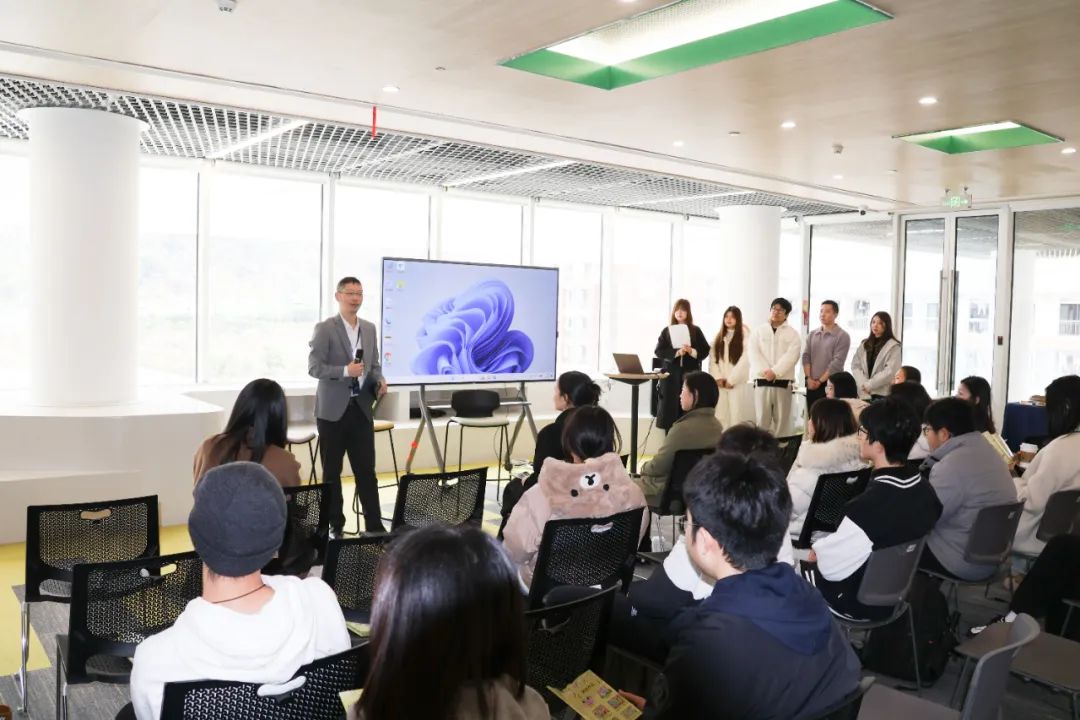
What are your current key priorities and plans?
At CLA, the focus is largely on maintaining a steady pace of growth while aiming at selected strategic opportunities. WKU teaches all courses in English and CLA offers a high percentage of the university's foundational courses, preparing students for their next three years and beyond. Keeping a high standard on these foundational courses is, therefore, a high priority not only for the college but also for our students’ educational experience. The Psychology department is working to build a state-of-the-art research lab. The communications department plans to add a master’s program soon. The college is expanding fast and hiring many new positions. All these are exciting opportunities.
At the VCAA, we are starting to build a more holistic teaching evaluation program as well as a collaborative research seed grant program to promote cross-pollination among different WKU colleges.
At the library, we are working towards broader and deeper integration into the university’s teaching and research.
As I just mentioned, the VCAA office is working on a new internal seed grant program to promote collaborations between faculty and students from different WKU departments and colleges. Many such collaborations are already happening but can benefit from more administrative support. As the university grows, it becomes harder to know what is going on in a different building, on a different floor in the same building, or even across the hallway on the same floor. This program hopefully can attract researchers across the university to share their ideas and find collaborators in other departments. The program is a seed program because we imagine the collaborations start from this program but do not stop here. With the seed funding, this program can build prior work to enable researchers to seek external fundings and expand the scale of the collaborations.
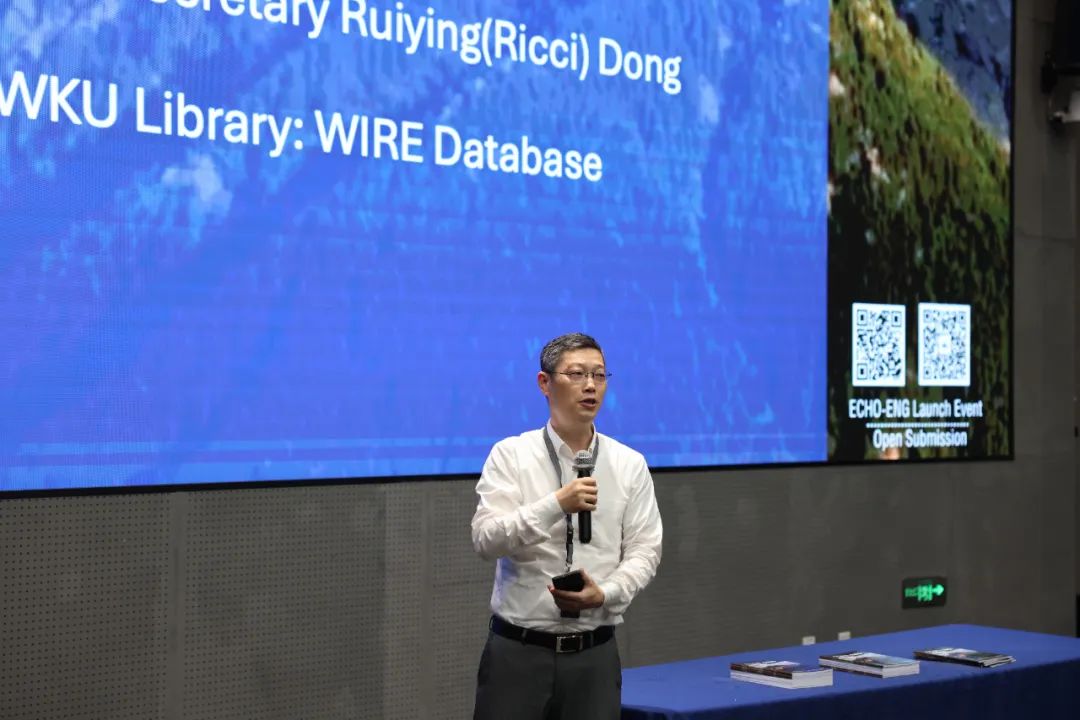
In the context of modern education, how do you view the integrated development of humanities disciplines with technology and interdisciplinary studies?
As I mentioned before, my background and experience cuts across many different disciplines. I definitely see interdisciplinary collaboration a main driving force to grow research and scholarship. In liberal arts, it has been a major trend for humanists to leverage digital methods as well as computation and AI tools to discover patterns not seen before. The terms digital humanity and computational social sciences have been around for several decades now. We definitely want to catch up on these. Both COMM and HSS have great potentials in doing so.
How can the library move beyond its traditional role as a "book repository" to become an extension of teaching and research?
We certainly need to go much farther beyond a repository of knowledge. Instead, we must grow into a research and teaching hub, not only as a place to collaborate, but also technology-ready and skills-ready for doing so. We have been collaborating with various academic departments and colleges to embed digital literacy teaching in various courses, and host scholarly events in the library. We have offered workshops and teaching materials to help students see how modern research is done using computers and digital tools, not just sitting behind a stack of books. We are in the process to build up our research support capabilities, hiring staff with big data and AI skills, to be embedded in various research groups to help solve research problems. We will become a new type of library far beyond just collections and space.
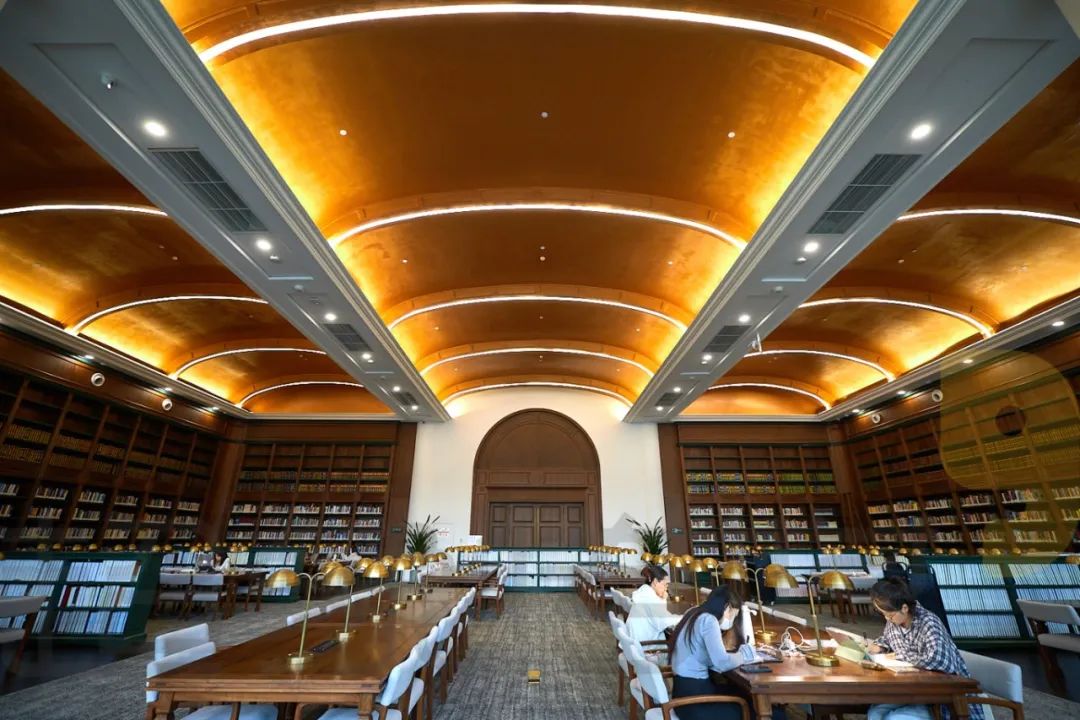
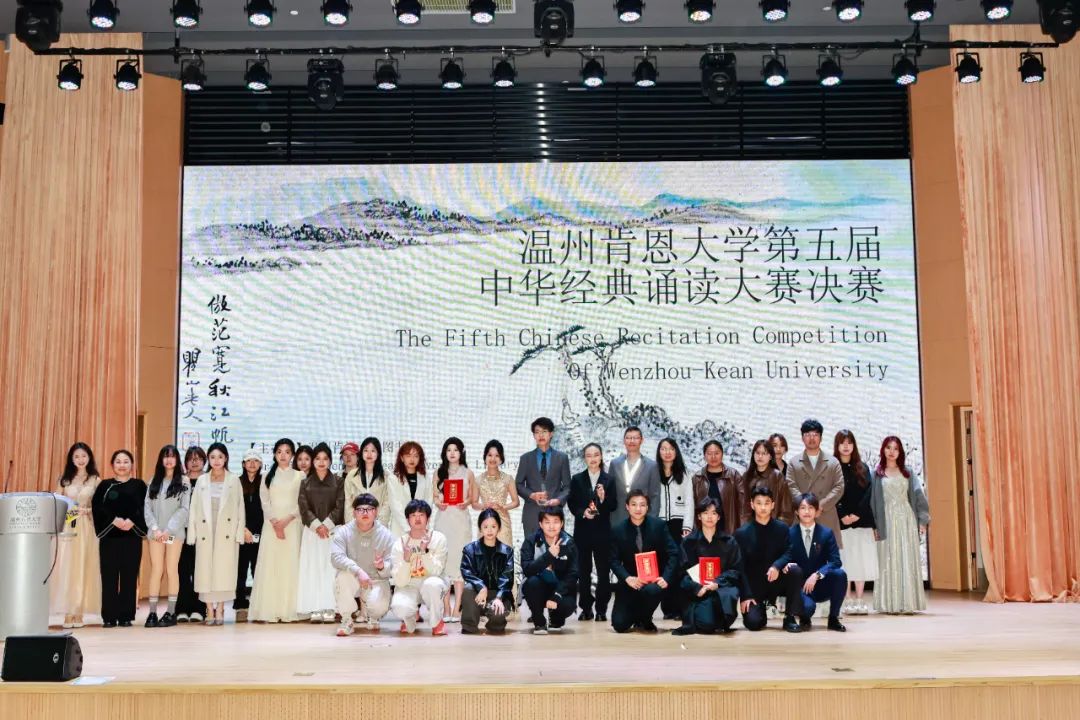
In terms of academics and resource acquisition, what unique platforms do you think WKU can provide to the students?
We are already a unique information platform. Students at WKU have access to a wealth of physical and electronic books, journals, databases, and other resources, primarily in English, similar to many other universities in the US but very rare in China. The majority of our collections is in English. Every WKU student has a kean.edu account, allowing them to access resources in the US that is not widely available in other Chinese universities. As an example, we are in the process to purchase several hundred sets of Great Courses DVDs, each carefully selected from the best US undergraduate programs, taught by the best professors and carefully produced, to supplement our classroom teaching.
How could WKU students improve their academic skills and find their career directions?
WKU students are brilliant, hardworking, and ambitious. All the qualities preparing them for a bright future.
Fully leverage our faculty’s experience and expertise and the wealth of campus opportunities. Do not close off your campus experience in the classroom, textbooks, exams, and presentations. Pay more attention to experiential learning and research opportunities. Try different things.
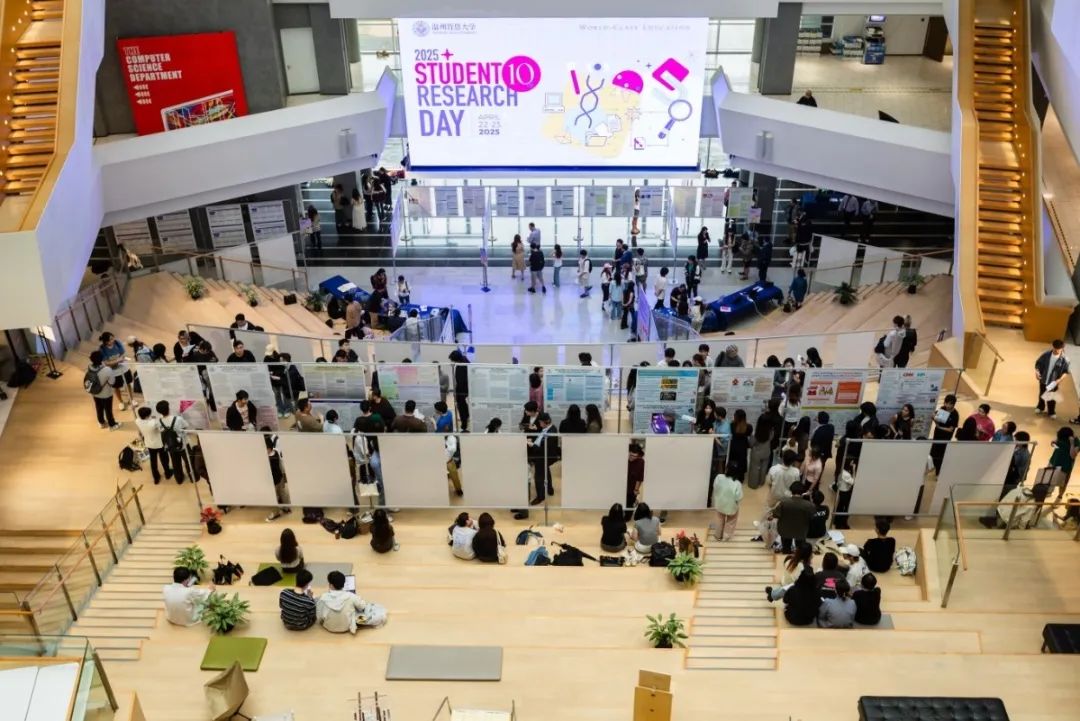
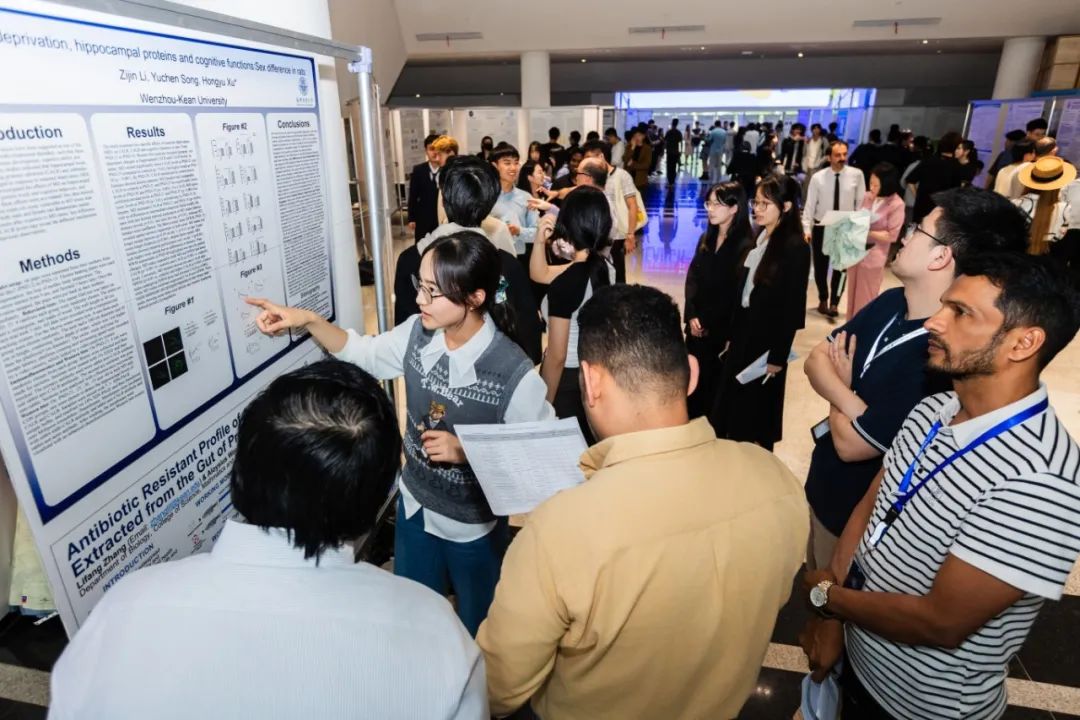
What would you like to say to the students of WKU and the students who are interested in studying at WKU?
To current students, I know many of you are preparing for grad school. GPA is important, but do not let GPA dominate your WKU experience. That would be the most expensive opportunity cost you pay here. WKU does not just prepare you for your grad school. Used more effectively, WKU can also prepare you for your next 20, 30 years.
To future students, WKU provides you with opportunities you can rarely get elsewhere in China. Start here, you can go anywhere.
- Wenzhou-Kean University Spearheading Sustainability in Higher Education in Asia and in China, Awarded the AASHE STARS Gold-Certified in Sustainability
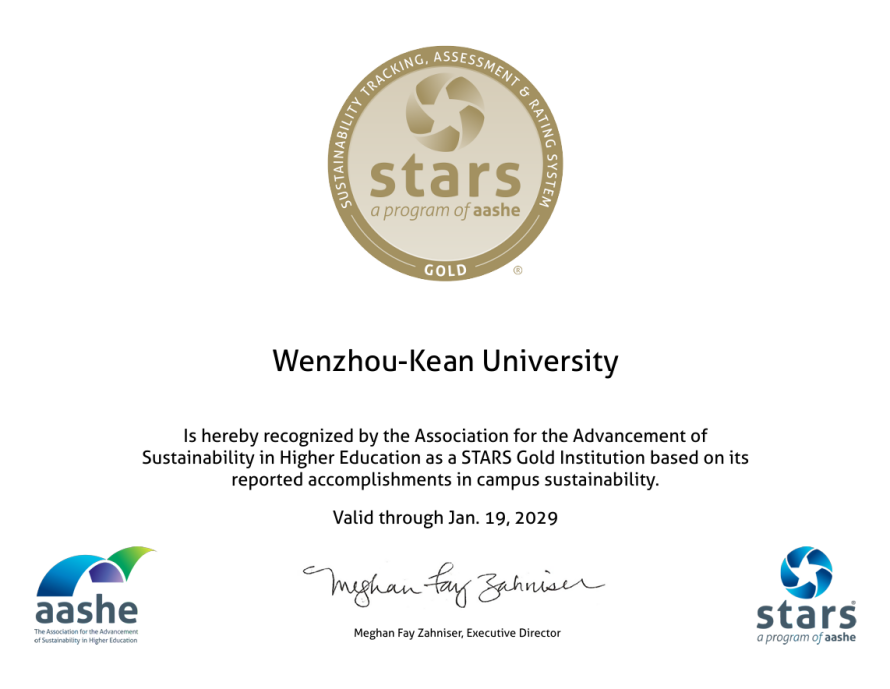
- Media Report | Wenzhou Daily: A Window into Friendship Between Chinese and U.S. Youths Wenzhou-Kean University Welcomes 340 Young Americans in Two Years
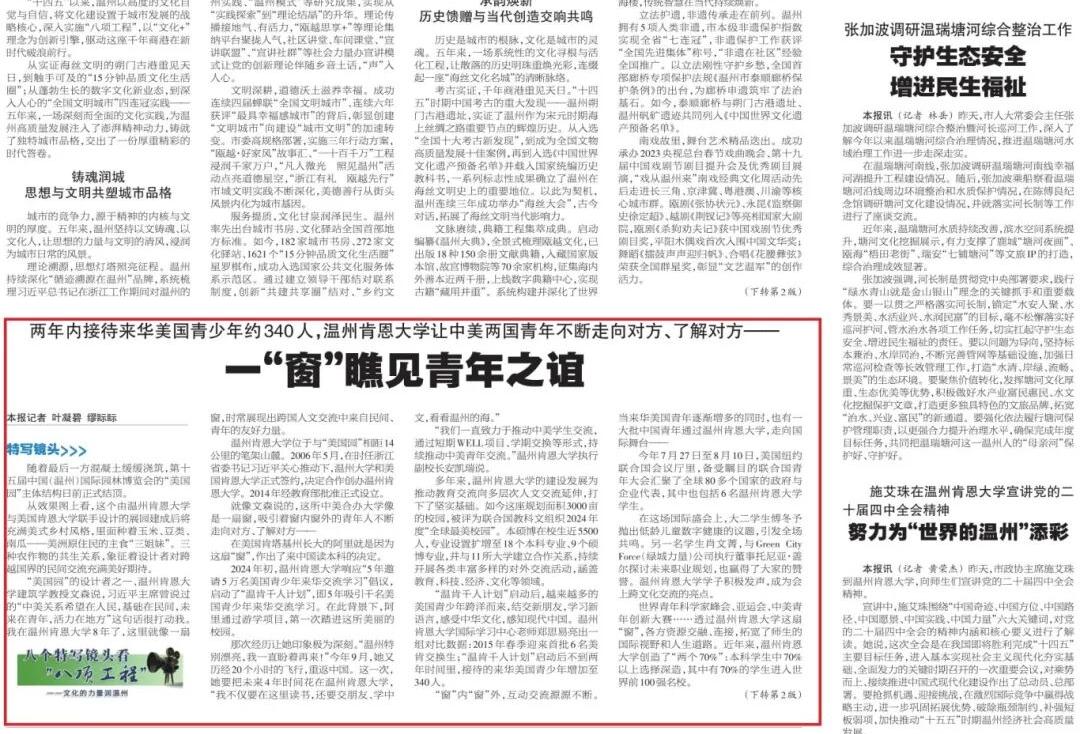
- WKU Student wins first prize in a national English speech contest: What is his answer to the value of boredom?
